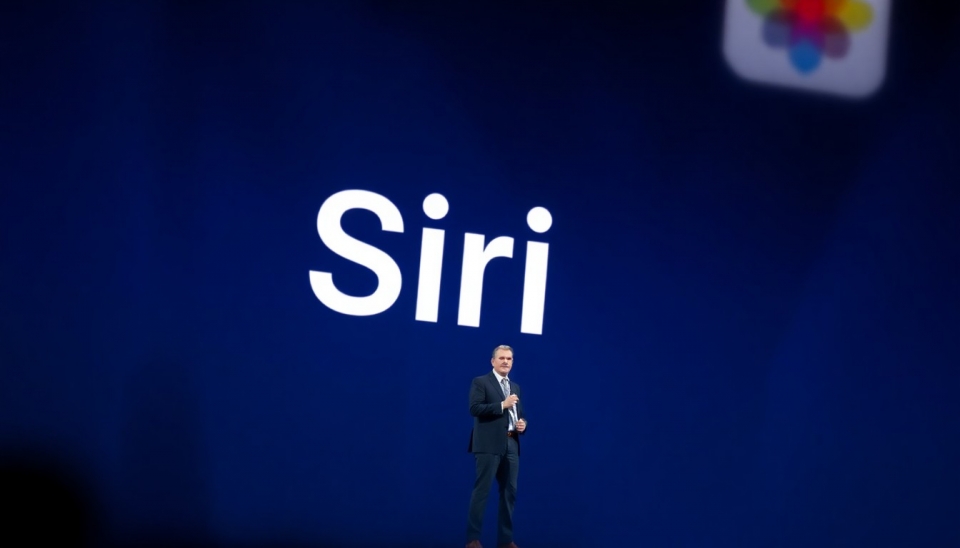
The European Union is ramping up its efforts to compel Apple Inc. to loosen its grip on its ecosystem, aiming to foster a more competitive environment for rival companies. This initiative comes as part of the EU's wider digital market strategies, where regulators are increasingly scrutinizing the practices of tech giants to ensure fair competition in the digital space.
In a recent development, EU regulators have expressed concerns about Apple's control over its App Store and the restrictive measures imposed on application developers. The EU argues that such practices not only limit choice for consumers but also stifle innovation from competing applications and platforms, which can lead to a less vibrant digital market.
Apple has historically maintained a tightly controlled ecosystem, particularly regarding its iOS operating system, which powers the iPhone and iPad. The company has been accused of leveraging its dominant market position to favor its services over those of competitors, such as Apple Music and iCloud. As a result, the EU's focus on fostering a more equitable competitive landscape is seen as crucial in promoting user flexibility and encouraging other companies to innovate.
The current discussions are aligned with the EU's Digital Markets Act, which aspires to create a level playing field for all digital service providers. By pushing back against Apple’s monopolistic tendencies, the EU seeks to ensure that consumers have access to a broader array of services without being constrained by restrictive app store regulations.
This escalation is partly a response to earlier criticisms regarding how Apple handles its platform. The move is also indicative of a growing trend where regulatory bodies worldwide are taking a firmer stance against perceived monopolistic practices within the tech industry, aiming to dismantle barriers that prevent competition.
In light of these developments, industry experts are closely watching how Apple will respond to this pressure. The company has historically defended its practices by arguing that a controlled environment is essential for maintaining user security and privacy. However, as regulatory scrutiny intensifies, Apple may need to reassess its strategies moving forward to align with evolving regulations and public expectations.
This situation could lead to significant changes in how Apple operates, potentially opening up new avenues for its rivals and giving consumers more choices when it comes to apps and services. The outcome of this regulatory push could reshape the digital landscape in Europe, and possibly influence actions beyond the continent as well.
As the debate continues, both consumers and stakeholders in the tech industry are keenly observing the potential implications of the EU's actions on Apple's market strategy and overall dominance. The ongoing discussions are expected to pave the way for more transparent practices that could ultimately benefit a thriving digital economy.
In conclusion, the EU's determination to challenge Apple's market practices signifies a larger movement towards enforcing antitrust regulations in the tech sector. As policymakers work to level the playing field, the implications for companies like Apple, and the competitive landscape at large, will be profound and far-reaching.
#Apple #EUDigitalMarkets #Competition #TechNews #Antitrust #Innovation #DigitalEconomy
Author: Emily Collins




